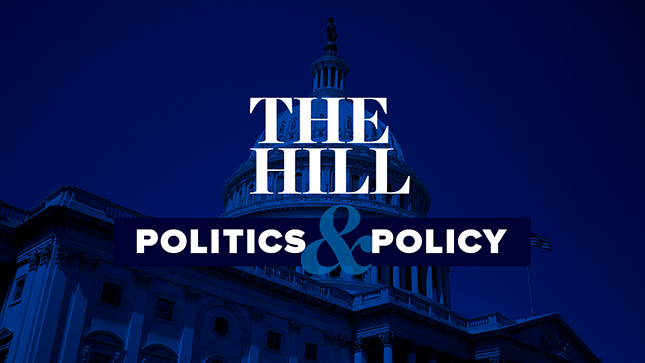This piece originally appeared in The Hill on May 31, 2021.
Should the IRS spend public resources to collect sensitive personal information it doesn’t want or need?
You might think that question answers itself. Believe it or not, it’s a live dispute in Congress, where no inch of power is ceded without a fight.
Last year, the IRS won praise for ending the controversial practice of collecting the names and addresses of Americans who support nonprofit groups without receiving a tax deduction in return. The IRS admitted it didn’t use the information and said securing it was an unnecessary burden on the agency.
There was also a constant risk of leaks. Many nonprofits affected by the policy promote social causes or serve as government watchdogs. Their supporters would be vulnerable to harassment and retaliation if their giving were mistakenly exposed. By protecting civically engaged Americans, the IRS took a proactive step to protect free speech.
Some politicians were furious. They want the IRS to monitor citizens who support groups that criticize them or oppose their agendas. Now they have proposed legislation that would repeal the IRS privacy reform and resume the mass collection of Americans’ personal information. It’s one dangerous provision buried deep in Democrats’ H.R. 1 bill to rewrite the rules for elections, campaigns, and political speech.
In response, Sens. Mike Braun (R-Ind.) and Mitch McConnell (R-Ky.) introduced legislation to protect the IRS reform and keep the agency out of political mischief. The “Don’t Weaponize the IRS Act” (S. 1777) currently has 44 cosponsors. While no Democrat has yet supported the bill, it would protect nonprofits across the political spectrum, regardless of their views.
The proposal embodies a simple but key principle: The IRS is not the speech police, nor should it be. Letting IRS agents pore over databases of Americans who support social causes is asking for trouble. The “Don’t Weaponize the IRS Act” asks the IRS to do its actual job.
There’s no tax collection purpose for warehousing the names and addresses of Americans who don’t receive a deduction for their gift. In addition to being unnecessary, it sends a chilling message to nonprofits and their members: Whatever you do, the tax man is watching.
People understandably fear having their most private beliefs exposed for the world to see. This fear is even greater at a time when activists and the media interpret support for nonprofits as a reflection of the donor’s political views. Many will not support a cause if it means risking their job, reputation, or relationships.
That sort of pressure doesn’t belong in a democracy that values free speech. The politics of personal destruction should not be allowed to drive a wedge between a cause’s most effective advocates and its most fervent supporters. Individuals must be able to give, and groups must be able to speak without worrying that the IRS will come knocking. After all, it’s not the IRS’s job to check if people are supporting the “right” issues or movements.
Requiring the IRS to collect this irrelevant and sensitive private information endangers the agency’s real mission, which is to provide taxpayer service and fairly administer the tax laws.
The “Don’t Weaponize the IRS Act” wouldn’t take away any of the investigative tools the IRS uses to police real misconduct and abuse. Groups would still have to maintain records of their donations and supporters in case an investigation is needed. But the thoughtless practice of collecting Americans’ sensitive personal information just to have it would remain a thing of the past. The risk of politically sensitive data breaches would be eliminated.
The freedom to support nonprofits privately is good for society and good for free speech. The only reason to stand in the way of the “Don’t Weaponize the IRS Act” is if you fear what Americans have to say.














